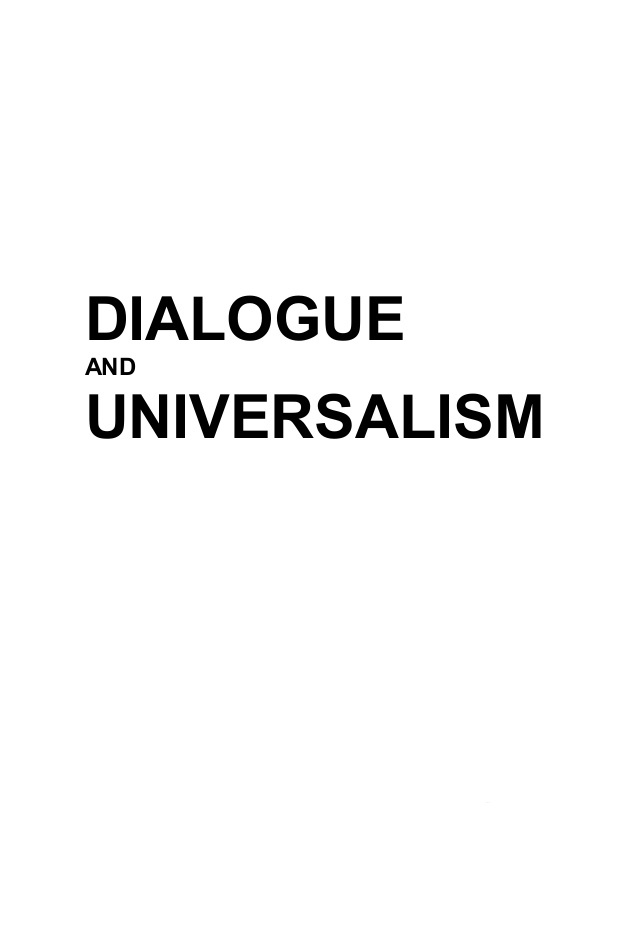THEORETICAL AND POST-THEORETICAL PHILOSOPHY
THEORETICAL AND POST-THEORETICAL PHILOSOPHY
Author(s): Vladimir PrzhilenskiySubject(s): History of Philosophy, Philosophical Traditions, Special Branches of Philosophy
Published by: Instytut Filozofii i Socjologii Polskiej Akademii Nauk i Fundacja Filozofia na Rzecz Dialogu
Keywords: visualization; coherentization; construction; interpretation; theoretical; post-theoretical
Summary/Abstract: An important revolution in modern philosophy consists in postulating that philosophydoes not cognize the world, but is able only to study thinking, or, which in thiscontext is the same, to cognize knowledge. This thesis has allowed reorganizing thepattern of interaction between philosophers and the representatives of special sciences.Ancient philosophers created general theories of the world by basing on the principles“revealed by the power of the mind” and then entrusted it as an intellectual weapon toother intellectuals. Nowadays philosophers develop theories of knowledge; transmit themethods built on their basis to the special sciences, and wait for the results of its application.It is assumed that the theories of the animate and inanimate nature, of the humansand society, constructed by using the scientific method, could be generalized, andonly on this basis an ontology, i.e. a philosophical theory of being, can be built. Thenphilosophers must be re-engaged in performing generalization and reflection, whichreplaces speculation. But today, philosophy is neither speculation nor reflection. Philosophyseems to become “post-theoretical thinking,” which determines the boundaries ofa theory, and articulates the use of theoretical knowledge in a variety of intellectual andsocial practices.
Journal: Dialogue and Universalism
- Issue Year: 2017
- Issue No: 3
- Page Range: 125-138
- Page Count: 14
- Language: English
- Content File-PDF

